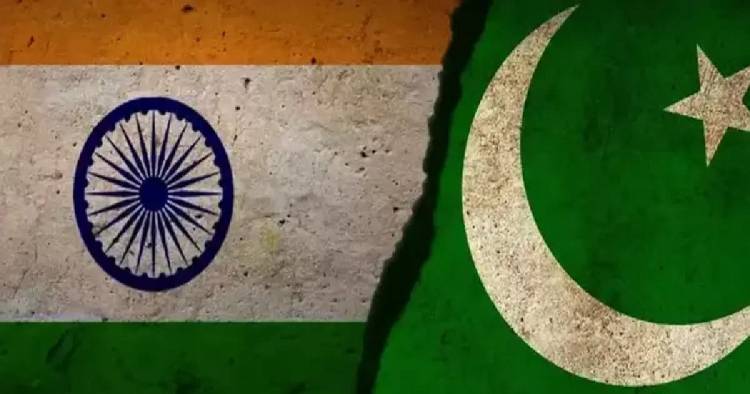New Delhi: The Defence Intelligence Agency (DIA), Pakistan currently believes India poses its most significant danger and is boosting its nuclear stockpiles to respond to India’s stronger conventional forces. The DIA’s Worldwide Threat Assessment for the next five years notes that Pakistan is trying to upgrade its military. This is especially by making small, useable tactical nuclear weapons.
According to the DIA, China exports Pakistan’s nuclear program. Intermediaries in Hong Kong, Singapore, Turkey, and the United Arab Emirates handle numerous efforts to obtain materials and technology for weapons of mass destruction (WMDs). According to the report, Pakistan is improving both its nuclear weapons custodians and command-and-control systems—even as it develops anew atomic technology.
In the report, Pakistan lists its main military objectives as handling problems at the border, dealing with increasing threats from Tehrik-e-Taliban Pakistan (TTP) and Baloch insurgents, counterterrorism efforts, and building nuclear weapons. In 2024, militant attacks will claim over 2,500 lives in Pakistan, demonstrating the country’s ongoing internal safety struggles.
Unlike the study, the DIA report suggests that India considers China its main strategic challenge and sees Pakistan as only a second security worry. “Make in India” is being pushed forward to strengthen its defense industry, cut down on risks in supply, and accelerate the introduction of more advanced weapons. Recently, India tested its Agni-I Prime and Agni-V missiles, both designed for nuclear use, and a second nuclear-powered submarine into action.
The report also discusses recent cross-border actions, such as India’s strike on terror infrastructure in both Pakistan and Pakistan-occupied Kashmir following a terrorist attack in Poonch, Jammu and Kashmir, in April 2024. The results were heavy rocket, drone, and artillery exchanges lasting four days, followed by a ceasefire on May 10. The DIA believes that a lack of regular talks and the rise in military power from both countries increase the possibility of further harmful escalations.
India and Pakistan have not signed a ‘no first use’ policy, unlike India, which rejected it. Analysts say this form of mixed messaging about Pakistan’s future plans boosts its role in South Asia. However, it may also lead to instability in the region.



Comments are closed.